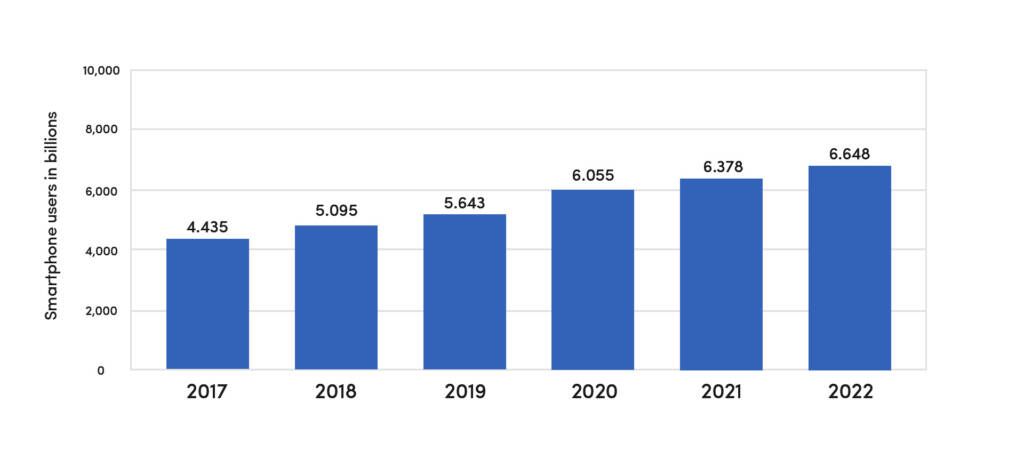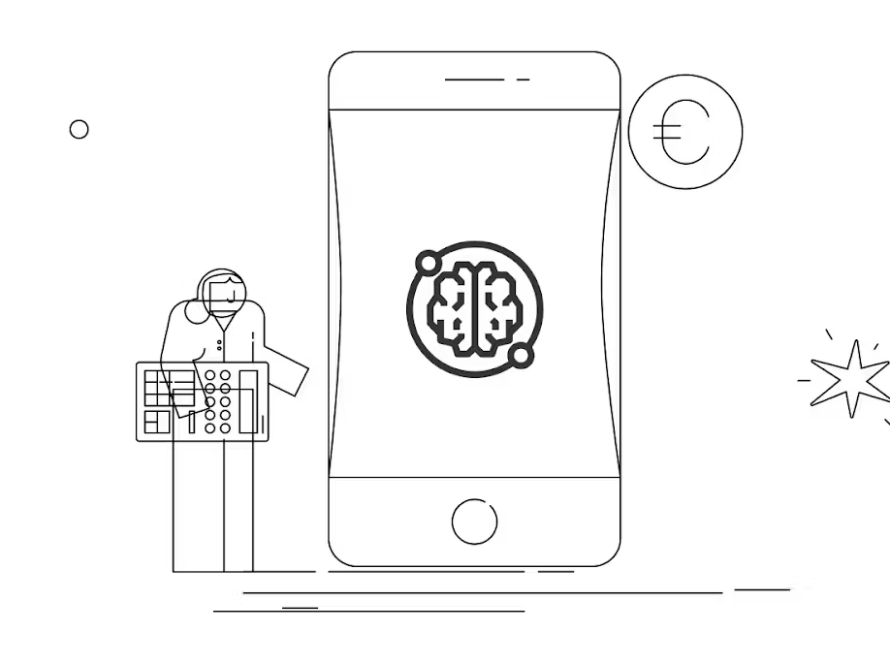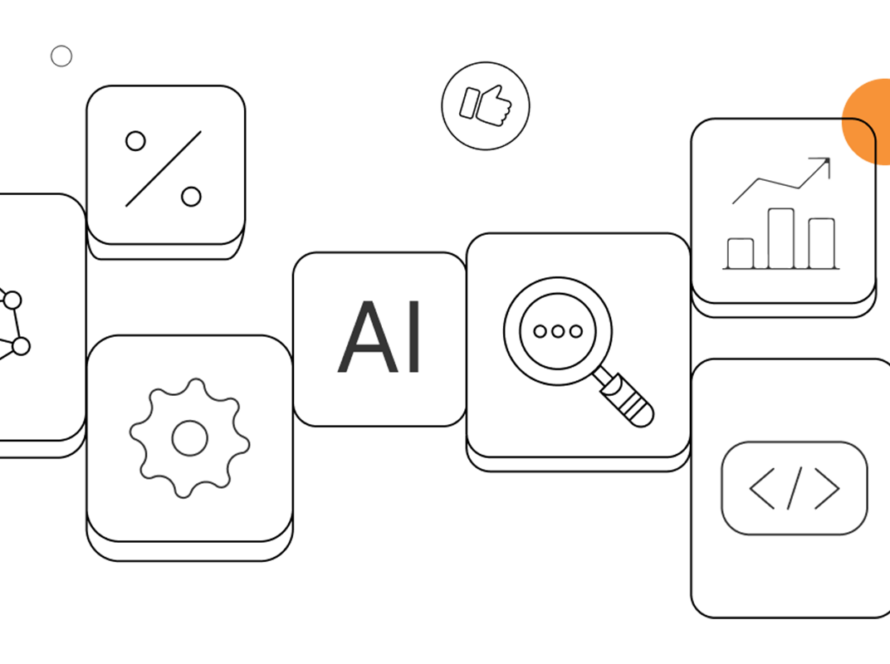In this digital era, a marketing strategy is useless without a digital presence. If you’re intending to give your organization an online presence, one of the first questions that will probably cross your mind is whether you should build an app that consumers can install, a mobile website, or maybe even both. The best option for your needs will depend on a variety of factors, including the target audience, the available budget, the intended purpose, and desired functionality.
It’s difficult to disagree that mobile phones dominate the world nowadays. Today, 65% of people use smartphones, and high-quality websites and mobile apps are required to satisfy this audience. However, not many firms have the resources to create two solutions at once, so they have to choose between a website and a mobile app.
This article will compare and contrast mobile apps and websites to help you decide which is best for your company.
Difference between Mobile App and Website
Let’s begin with the basics in order to get things going. A website is a collection of linked pages that are made browser-accessible with the use of specific techniques. Depending on the device, they may alter their design patterns to accommodate various screen sizes. Websites are often designed to deliver content and aren’t very engaging.
On the other hand, mobile apps are programs created specifically for mobile operating systems like iOS and Android and can be downloaded straight to the device from stores that cater to those platforms.
One difference between a mobile app and a website is that websites are often more cost- effective than mobile apps from a financial perspective because of their broad pricing range.
When comparing a website vs. a mobile app, you’ll notice that the benefits of having a mobile app frequently outweigh the advantages of having a website to some extent. However, this requires a more thorough analysis to define whether it’s so for your specific case. It’s also important to note that many large corporations have both a nice website and an advanced mobile app with functionality catered to their target audience and business needs.
Benefits of a Mobile App
- Offline Access
When choosing whether mobile apps or websites should be considered, mobile apps may be designed to work offline, but websites can only load when there is an internet connection.
The main benefit of mobile apps over websites is their ability to operate offline. Apps continue to provide basic content in offline mode, even if they need an active internet connection to process payments. Moreover, apps that do need an internet connection can nonetheless carry out certain essential tasks without the internet.
- Mobile App Features

The benefit of using mobile device functions such as a camera, contact list, GPS, phone calls, accelerometer, and compass is available with mobile apps. When incorporated into an app, such characteristics can enhance user interaction and make it more enjoyable.
Moreover, these functionalities can lessen the tasks users would otherwise need to perform. For instance, users of a banking app can be required to upload their photos or documents in order to finish filling out a form. Users of the app may be able to take and submit pictures using the camera on their mobile device. The interconnected features greatly reduce the amount of time needed to complete a certain job in an app and hence increase conversions.
In conducting a comparison of websites vs. mobile apps, several mobile functionalities like the camera or GPS may also be used by websites. However, technological limitations and privacy constraints must be taken into consideration while using such features on a website.
- Wider Customer Base
According to Statista, the United States has one of the largest smartphone markets in the world, with approximately 298 million smartphone users. In addition, approximately 6.648 billion people have access to smartphones globally, as shown below. This explains how much of an impact a mobile app can have on your success as it reaches a wider customer base that could become your most loyal customers. So, if you have a mobile phone you can still access the website as they are now mobile-friendly.

First, a wider customer base means that more people are using the app, which can lead to increased revenue through in-app purchases, subscriptions, or advertising.
Second, having more users can also lead to more user feedback and insights, which can help the app developers continuously improve and update the app to better meet the needs and preferences of the users.
- Notifications
Typically, the consumer contacts your company through your marketing. What if you can convince a buyer to reach out to your brand? This is what mobile apps do. Push notifications may attract users to your app if they already have it installed on their phones.
When comparing a website vs. a mobile app, apps may provide news and push notifications for new products, discounts, or sharing any information regarding the company with the audience. Even better, you may encourage them to buy by reminding them of the products in their shopping cart.
Even if certain new website features allow for the delivery of push alerts, your consumers may not notice much of a difference. Why? Users with a slow internet connection might not be able to visit your website because websites are entirely internet-based. Furthermore, the user’s attention may wander if it takes too long for your website to load.
Advantages of a Website
- Wider Accessibility
The websites take the lead here. They outperform mobile apps in terms of reach and are largely available across a wide range of platforms and gadgets. When choosing between websites or mobile apps, a website can be accessed from any device that has a web browser, while a mobile app can only be used on devices that have the app installed. This means that a website has the potential to reach a wider audience.
- Compatibility

Websites improve the user experience across various types of mobile devices. A mobile application must be developed separately for every operating system and type of device. The benefit of compatibility that responsive websites offer may be especially appreciated by users who own a variety of devices. They also offer simple interaction with other smartphone functions like text messaging and QR codes.
- Greater SEO Potential
Greater SEO potential is also a difference between websites and mobile apps. Websites are generally better at being found through search engines like Google, as they can be easily indexed and ranked. This can make it easier for customers to find a business website through search results.
- Lower Cost

Developing and maintaining a mobile app can be expensive, especially if the app needs to be developed for multiple platforms. In contrast, a website can be developed and maintained at a lower cost.
Moreover, it is generally easier and quicker to update a website than a mobile app. This means that a business can make changes to its website more quickly in response to customer feedback or market conditions, without incurring additional development costs.
The Wrap Up
Ultimately, the decision of whether to have a website or a mobile app (or both) will depend on the specific needs and goals of the business. It may be appropriate to have a website in some cases, while a mobile app may be more suitable in others.
Still having trouble deciding? Let’s brainstorm together. Exper Labs is your ideal partner for all your website and mobile app development needs. We create innovative and customized mobile apps and websites to boost your brand’s awareness and visibility. Get in touch with our tech- savvy team to get highly effective, reliable, and scalable solutions while providing an excellent user experience. We will estimate both options depending on your company and recommend the best one for you.


